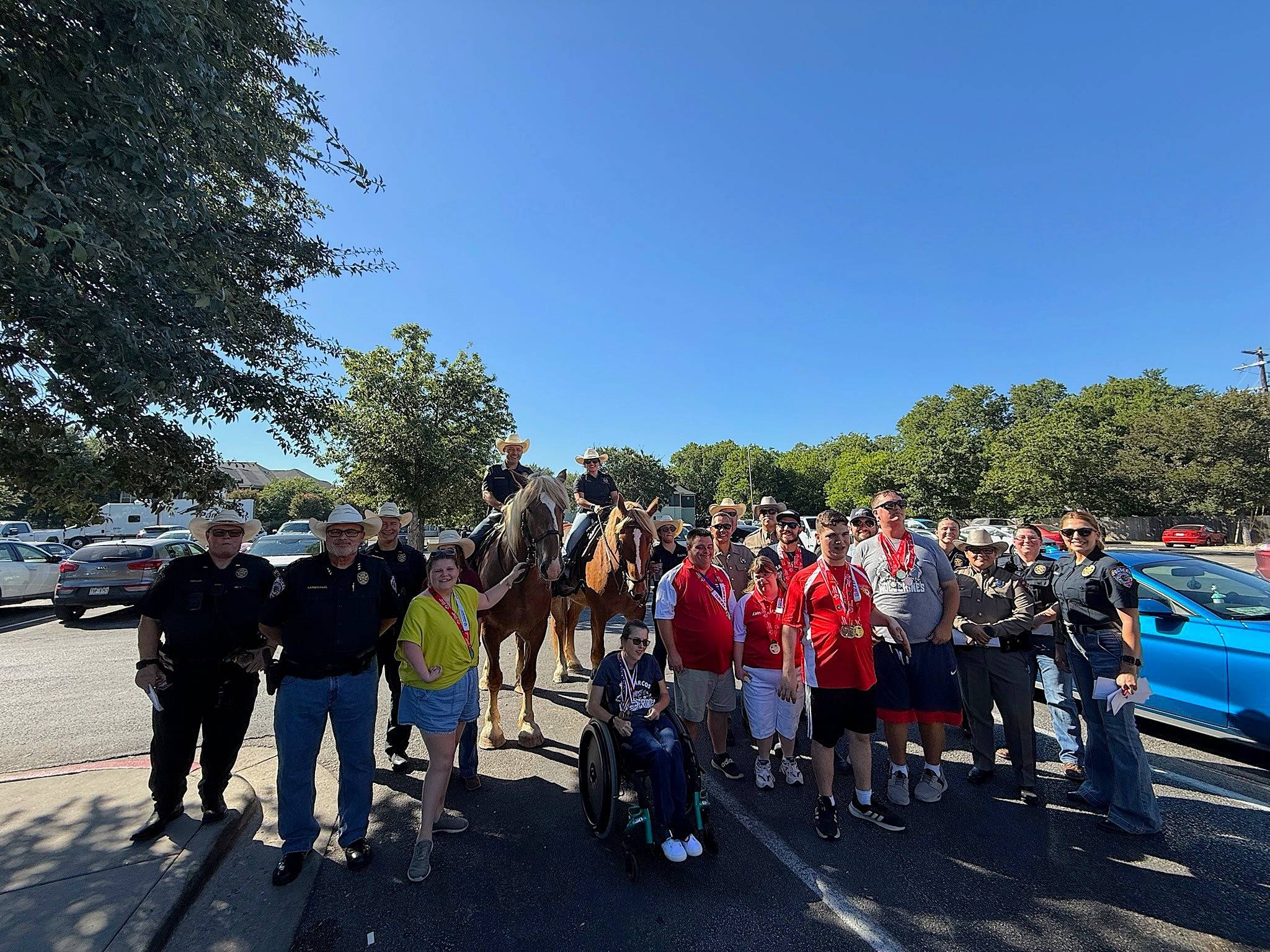The Texas State University Police Department is proud to host the Leadership in the Midst of Change presented by Mr. Jack Enter.
- When: August 2, 2023, from 8AM to 3PM
- Where: Texas State University LBJ Grand Ballroom
Parking can be found in the LBJ Pay-to-Park Garage at 704 Gaillardia St. For more information on parking please visit Parking Services.
*Registration is at no cost for First Responders.

Skills and Principles Which Do Not Change
Despite all the external challenges today, operational law enforcement continues to perform its mission effectively. Personnel and managers in our agencies trust that most sworn and civilian law enforcement do their jobs in an exemplary manner. They communicate well in a variety of often stressful and tragic situations and are decisive in dealing with the various problems they encounter.
Unfortunately, many of these influential individuals change when they are promoted to supervisors and managers when it comes to practicing leadership, and this change is not for the best. Men and women who communicated and dealt with issues in the operational environment, often fail to communicate with their personnel or deal with problems in the internal culture. Few supervisors engage those under their command or deal with problem employees, conflicts, and other factors which negatively affect the organizational culture. Why do effective operational personnel who “ran to the sound of trouble”, now run away at the sound of a tough decision or difficult personnel matter?
This seminar attempts to answer that question. Some of the topics discussed include:
1. The role of training and skills acquisition in equipping one to be effective in a position or mission.
2. The role of “instructors” and peers who teach and reinforce these skills.
3. The role of accountability or “speaking truth” to others reinforces and maintains these skills.
4. How this training transforms one’s thinking and perceptions about themselves, others, and the mission. When done correctly, training individuals transforms them from “me” to “we” and builds an effective unit and team.
5. How do these training factors help explain the differences between the effectiveness of the operational culture versus the overall ineffectiveness and inconsistency of the management culture?
6. Finally, how we can use training, accountability, and the power of the group to reduce the ineffectiveness of management in leading others. We will address both individual and agency strategies in the areas of communication, decision-making, and dealing with issues. Specific ways to encourage, develop others, and deal with problems and toxic employees and managers are addressed.
